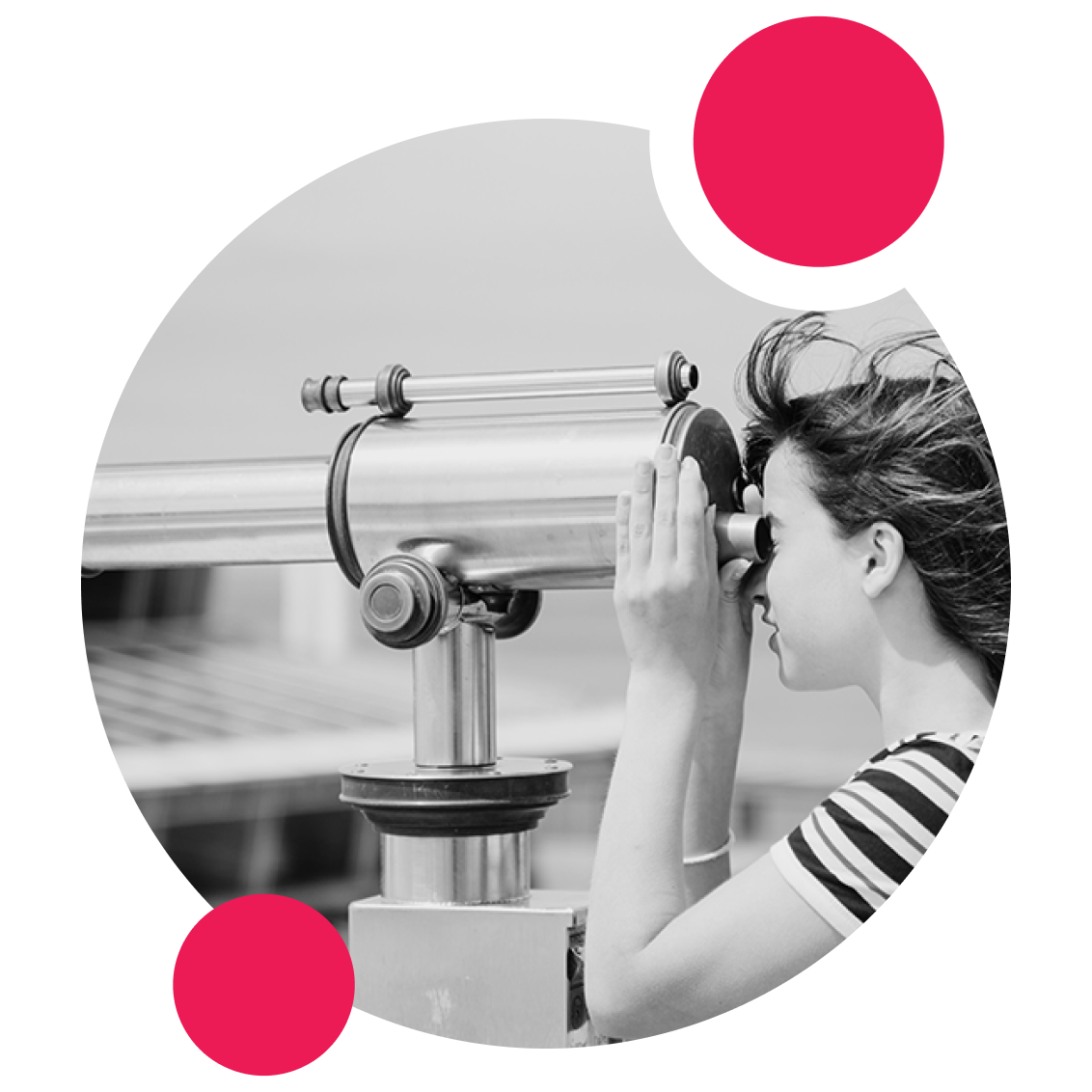Here at Enzyme Communications, we provide opportunities to many graduates within both the project management and scientific field. This article is courtesy of Pennie Ryan, a Junior Science Communicator who joined us directly after completing her Science Communication MSc at The University of Sheffield.
As I near the end of my first ‘end-to-end’ project, I feel now is an important time to reflect on my academic career, and how it has differed – or prepared me – for a career within a science communications agency.
Having had the wonderful opportunity to complete a summer placement at Enzyme whilst writing my dissertation, I felt more than ready to come back and start my career. With a BSc Biomedical Sciences, and MSc Science Communication, I felt more than prepared to enter the agency setting – how naïve could I possibly be?
All the education in the world cannot teach you how to work, how to manage time, how to interact with not only colleagues but stakeholders and clients – these are all aspects that you learn on the job, and quickly. There are many things that university can teach you, however the one thing that is often not quite managed is accountability. Yes, when you are in charge of your education you are technically responsible for your own work – but in real life there are no extensions, and there certainly is nobody relying on you to do well at a project so that you can land the next account.
These are challenging aspects of coming into an agency as a student, but they make the job – and the environment – so much more invigorating and rewarding. There is nothing like the feeling of competition, or of finally being responsible for something that is your own, and being accountable to more than just that lecturer at university who doesn’t know your name.
All in a day’s work
One of the highlights of a smaller science communication agency is the variety of work and scientific topics we get to learn about and ultimately communicate. We are not assigned to one therapy area or one method of research – within a split second you can go from planning conference booth content to reading and processing in-depth clinical trial protocol.
Whilst this fast-natured, everchanging environment is exciting, and means you never know what the day will bring, the lessons from university on sitting at your desk prepped to do an 8-hour stint never leave you. There is a lot of value in being able to spend a full day on one project, and get ‘in the zone’ – granted, there are many more pros than cons to doing this in a central London office rather than working late into the night in the university library.
What science communicators are able to produce in an encouraging, forward-facing setting in a matter of hours is astounding, and I am working toward gaining that efficiency and knowledge-base that allow experienced communicators to accomplish this.
Lessons of accountability
Accountability is a tricky one. You always think you understand it as a student, and think you have it mastered by your fifth year. However, accountability to a ‘higher power’ and ultimately yourself is extremely different compared to when you have client expectations, and work for a company constantly striving to improve and adapt. You are no longer responsible for just yourself – you are working as part of a machine, and have many people relying on you to produce your best work.
As a Junior Science Communicator, I formally have very little accountability when it comes to production and presentation. However, you learn the lessons of holding each other accountable very quickly. No matter whether you have formal accountability for a project, you have a feeling of being responsible – and wanting to be held accountable – for the work you have produced. This is a large driver in both my personal and professional life: wanting to produce work that I am proud of, and will gladly be challenged on a day-to-day basis.
Enzyme: A unique agency with more than just copywriting
A final learning from industry – likely more specific to Enzyme – is the scope of work we do here. On my science communications course, we were largely taught about writing different pieces for a variety of audiences. Whilst this forms the basis of all my work here at Enzyme, there are many more opportunities to showcase your creative abilities than I expected when I first started.
From visualising posters to creating a storyboard, there is so much more to the role of a Science Communicator than you would expect. Throughout my university experience, my creative capabilities extended to creating scientific diagrams on PowerPoint. Here at Enzyme, I’ve adapted to learn how to use creative software such as Illustrator to be able to visualise concepts far greater than a simple diagram. Yes, this is an ongoing battle with my logical, scientific brain that had convinced me I have no creative abilities at all, and the realisation that I need to unlock that creative side of me was terrifying.
An agency like Enzyme challenges you – your ways of thinking, your beliefs in what you can and can’t do, and most of all, what you think you know. The learnings I have gained from entering the industry and diving head-first into the pool are vast, and I have no doubt that it doesn’t stop here.

